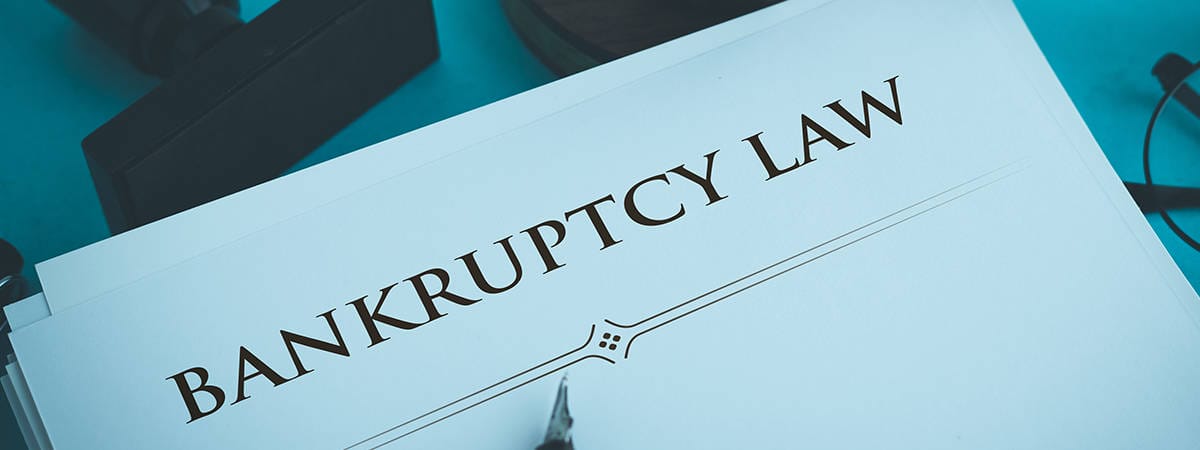Bankruptcy Lawyer Schaumburg IL – ASM Law
In most cases any business or individual may enter a bankruptcy filing at any given time. However, to qualify for debt discharge a set length amount of time must pass between bankruptcy filings. Note that a business may only qualify for debt discharge through a Chapter 11 bankruptcy filing. On this post, we’ll look at how filing multiple bankruptcies proceeds for individuals:
-When an individual receives a Chapter 7 bankruptcy discharge, they become eligible for another discharge after eight years. This applies to a Chapter 7 filing only. In the event of a Chapter 13 debt discharge, the individual is eligible again in four years.
-An individual who previously receives a Chapter 13 debt discharge is eligible for a Chapter 7 discharge in six years. Or, he or she becomes eligible for another Chapter 13 discharge in two years. A filer who is not eligible for a discharge can still benefit from bankruptcy because it stops collection activities.
For example, suppose an individual is in debt shortly after concluding an earlier bankruptcy. By filing for Chapter 13 bankruptcy, he or she stops creditors or wage garnishment. Even though the debt obligation doesn’t eliminate, the collection actions cease right away. Additionally, the Chapter 13 filing payment plan provides up to five years to repay the debt amount.
Talk with a Bankruptcy Lawyer Schaumburg IL Today – ASM Law
Debts That Bankruptcy Can and Cannot Eliminate
The type of debt that you may be able to wipe out depends on which type of bankruptcy you file. Although bankruptcy can efficiently wipe out many varieties of debt, it doesn’t wipe out all debt obligations. Some examples of dischargeable debts include:
- -Overdue utility bills.
- -Credit card debts.
- -Payday loans.
- -Medical bills.
- -Fitness club memberships.
- -Lease contracts for equipment or vehicles.
- -Mortgage or automobile car loans if the debtor returns the assets to the bank. Also,
- some debts the borrower owes to the government like overpayment of unemployment benefits.
- There are some types of debt that bankruptcy doesn’t typically wipe out. Some examples of these nondischargeable debts in a Chapter 7 include:
- -A mortgage or auto payment if the debtor wants to keeps the home or vehicle.
- -Obligations like child support or spousal support.
- -Overdue taxes or student loan debts.
There are some situations in which a bankruptcy filer might still get relief from these types of debts.
For example, if income tax debts are many years old they may be dischargeable. Filers who demonstrate that it’s not likely they will be capable of paying off student loan debts can possible receive discharge.
Additionally, different types of bankruptcy chapters eliminate particular debts more often than others.
To learn more about which options may be appropriate for you, consult with a Bankruptcy Lawyer Schaumburg IL.
Many people considering bankruptcy often inquire if they will still have to pay debts after they file. In some cases, they will need to repay certain types of debt. Bankruptcy does not eliminate each kind of debt obligation.
Experienced Bankruptcy Attorneys – ASM Law
The process moves along differently when it comes to Chapter 13 bankruptcy filings. With the exception of your student loan debt, you will still have to repay the balance of your nondischargeable debts. This typically takes place through a Chapter 13 debt payment schedule. Student loan are an exception since the courts consider those as long-term debts. This means that at the time of the loan, the creditor initially expects that you will make loan payments during a set period of time.
Call our firm today for a free consultation with our Bankruptcy Lawyer Schaumburg IL

